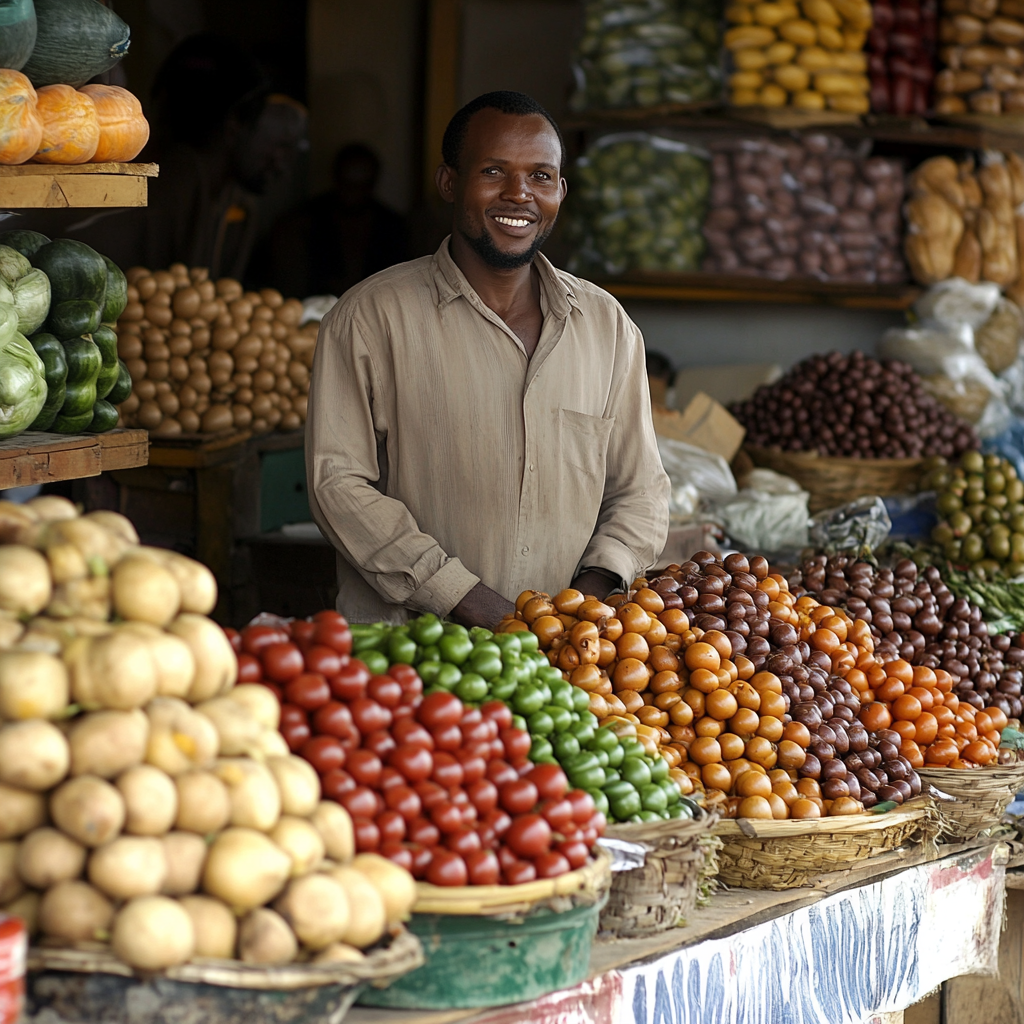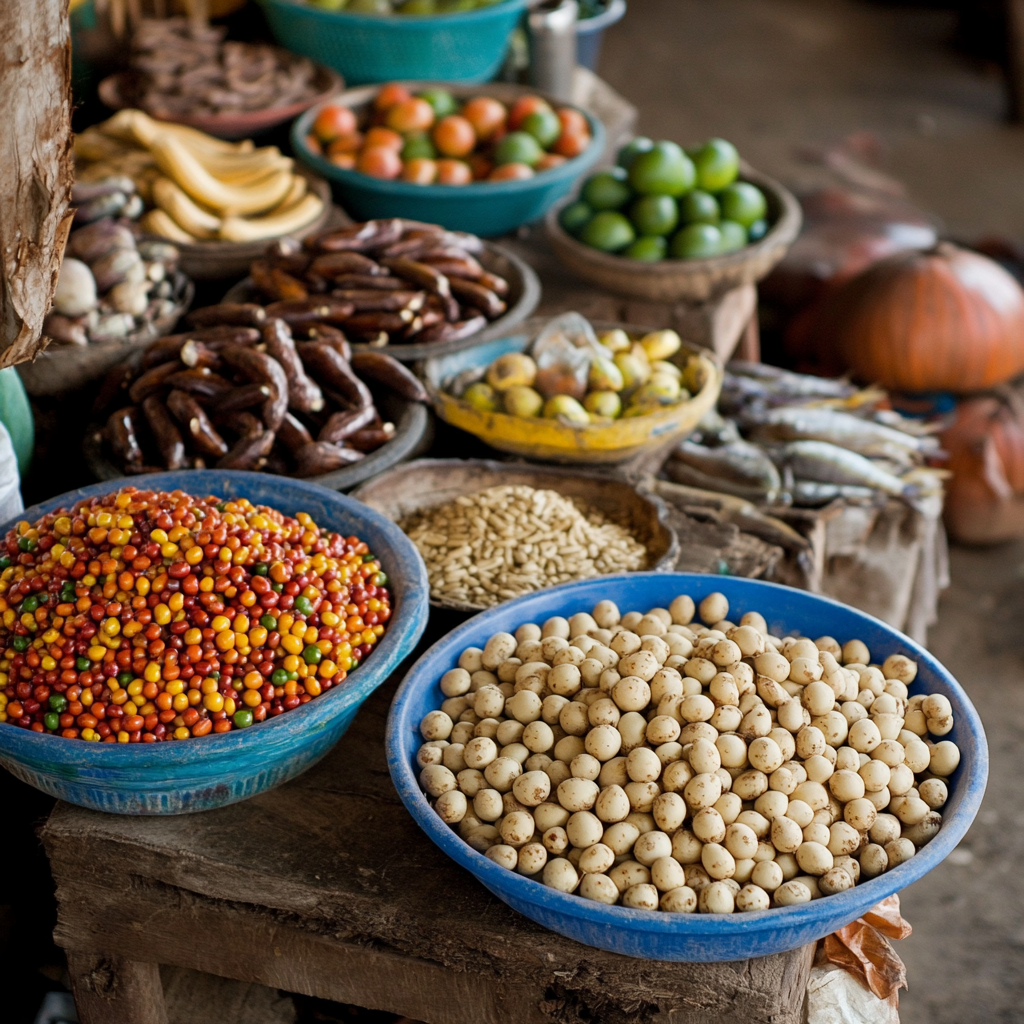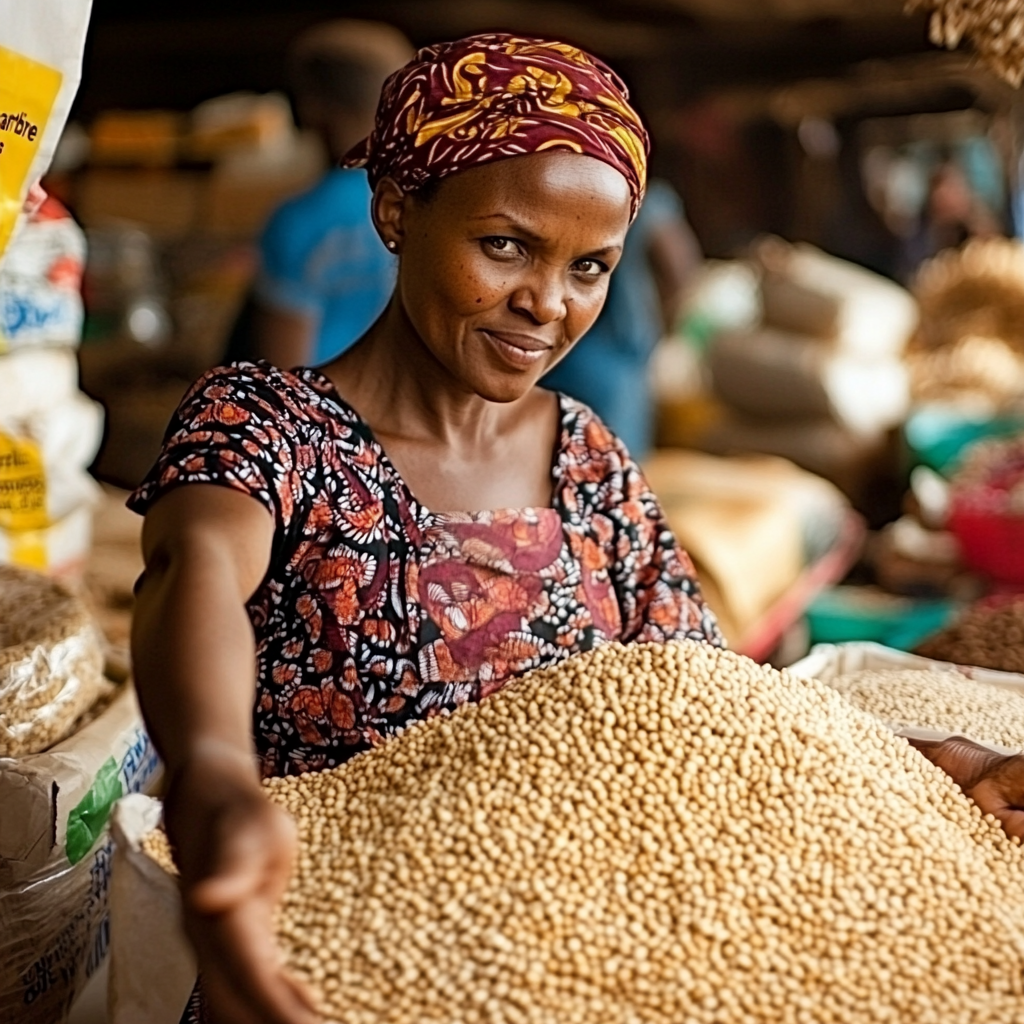A study by the University of Cambridge revealed that Africans have the healthiest diets in the world. In 2025, where do these ancestral eating habits stand? Nofi explores the evolution of African diets and their impact on global health.
Africa, champion of healthy nutrition

In 2013, a study conducted by the University of Cambridge under the direction of Dr. Fumiaki Imamura, and published in The Lancet Global Health¹, revealed that the people of Chad had the healthiest eating habits in the world. According to the study, nine African countries were among the top ten nations with the most balanced diets.
(Source: The Lancet Global Health)
Contrary to popular belief, Africa stands out for a diet mainly composed of fruits, vegetables, whole grains, and legumes—far from the ultra-processed, sugar-laden diets prevalent in industrialized countries.
“According to the document, Chadians, who consume many fruits and vegetables, are the healthiest eaters on the planet. In contrast, Armenians have the poorest eating habits,” reports Afrik.com.
(Source: Afrik.com)
But what about in 2025? Is the African diet still as virtuous, or has it been affected by globalization and the industrialization of food?
The evolution of eating habits in africa

Although Africa has historically been recognized for the diversity and nutritional richness of its diets, urbanization and globalization have gradually altered these habits.
According to a report by the United Nations Economic Commission for Africa², while natural and minimally processed foods are still widely consumed, there has been a rise in the consumption of ultra-processed foods high in sugar and saturated fats in large African cities.
(Source: UNECA)
Thus, African metropolises are seeing a proliferation of fast-food chains and supermarkets offering globalized food, to the detriment of traditional dishes. This transformation has direct public health consequences, including increases in diabetes and cardiovascular diseases.
The pillars of african diets: A model of health

One of the strengths of African diets lies in their similarity to the Mediterranean diet, which is recognized as one of the healthiest in the world. It is based on:
- Whole grains: fonio, millet, sorghum
- Legumes: cowpea (Vigna unguiculata), beans, chickpeas
- Leafy greens: cassava leaves, okra, jute mallow
- Fresh fruits: baobab, tamarind, mango, papaya
- Sources of lean protein: fish, poultry, edible insects
“Traditional African diets are primarily composed of whole grains, legumes, and leafy vegetables, offering excellent nutritional density,” according to a report by NEPAD³.
(Source: NEPAD)
A renewed interest in african superfoods

In recent years, several African and international initiatives have mobilized to promote African superfoods—nutrient-rich foods well-suited to modern dietary needs.
Among them:
- Moringa, known as the “tree of life,” rich in iron and vitamins
- Fonio, an ancient gluten-free grain rich in amino acids
- Baobab, a superfruit with exceptional antioxidant properties
- Teff, a cereal known for its digestive benefits
Many African chefs are also participating in this culinary rediscovery, reinterpreting traditional recipes to meet contemporary expectations.
Challenges and opportunities ahead

Despite its culinary and nutritional wealth, food security remains a major challenge in Africa.
According to a 2024 FAO⁴ report, more than 278 million people in Africa face moderate or severe food insecurity due to conflict, climate change, and poverty.
(Source: FAO)
“To improve food security, it is crucial to transform African food systems to provide healthy and affordable food for all,” emphasizes the FAO.
Governments and NGOs are therefore working to develop sustainable agriculture and promote local products, with the goal of preserving these dietary traditions while making them accessible to as many people as possible.
A food model to preserve and promote
While the 2013 study revealed that Africans ate better than the rest of the world, this finding must be nuanced in 2025. The industrialization of food and urbanization are threatening these dietary traditions, but a growing awareness is helping to rehabilitate and promote African diets.
With a diet rich in natural products and superfoods, the African continent possesses a unique culinary heritage that could inspire the rest of the world to rethink the way we eat.
By promoting these traditions and encouraging their transmission, Africa may well once again become the global reference for healthy and sustainable eating.
Notes and References
¹ The Lancet Global Health: A peer-reviewed journal specializing in global health, affiliated with The Lancet, one of the world’s most prestigious medical journals. It publishes research on international health issues, particularly in nutrition, epidemiology, and public health policy.
² UNECA (United Nations Economic Commission for Africa): A UN body established in 1958 to promote economic development in Africa. It produces studies and policy recommendations on a wide range of topics, from food security to infrastructure and regional integration.
³ NEPAD (New Partnership for Africa’s Development): An economic and social development program launched by the African Union in 2001. Its aim is to foster sustainable growth, good governance, and regional integration, with a strong focus on agriculture, education, and innovation.
⁴ FAO (Food and Agriculture Organization of the United Nations): A UN agency founded in 1945. It works to eradicate hunger, improve agricultural productivity, and ensure the sustainable management of natural resources through key global food security initiatives and reports.
